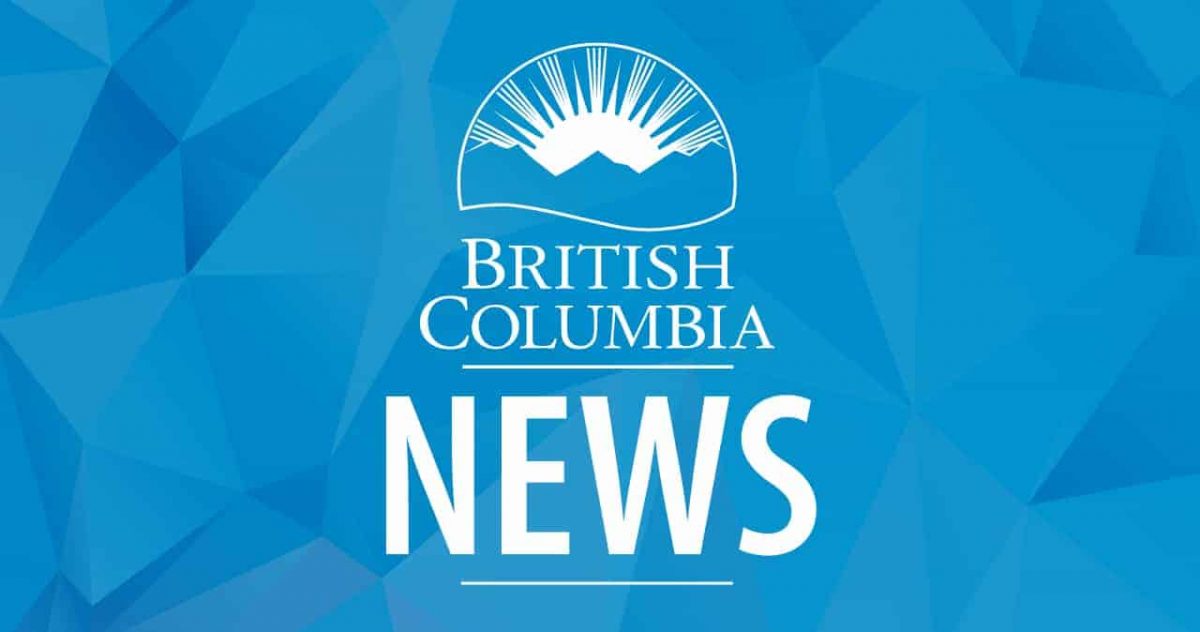
Province makes systemic change to improve outcomes for K-12 Indigenous students
Indigenous people will soon have more input into the decisions and processes affecting the education of Indigenous children and youth in B.C. public schools.
“These proposed changes acknowledge the crucial importance of First Nations involvement in the education of Indigenous students,” said Rachna Singh, Minister of Education and Child Care. “Part of reconciliation is to listen and make the changes needed to ensure First Nations students succeed in school.”
The Province is proposing amendments to the School Act to fulfil commitments in the Declaration Act Action Plan and the BC Tripartite Education Agreement (BCTEA). The changes are intended to support better education outcomes for First Nations and other Indigenous students attending provincial public schools, and more effective relationships between boards of education and First Nations. The proposed changes take a distinctions-based approach and were developed collaboratively with the First Nations Education Steering Committee and reflect consultation with First Nations and Indigenous people throughout B.C.
“Today is an important day for First Nation learners and the provincial education system in B.C. These changes to the School Act are aimed at improving First Nation student learning outcomes through effective relationships and processes that respect the inherent authority and role of First Nation governments, parents and communities in the education of their children and youth,” said Tyrone McNeil, president, First Nations Education Steering Committee (FNESC). “First Nations control of First Nations education underpins the First Nation education system we have spent three decades building in B.C. This work includes ensuring the provincial public school system is responsive to, and respects and incorporates the perspectives of, First Nations to better support this student population in a meaningful and appropriate way.
“Indigenous students, particularly First Nation students living on reserve, face systemic barriers that result in inequitable outcomes in the K-12 system, and so the changes in this suite of amendments represent systemic, transformative and welcome changes.”
The proposed legislation will ensure that First Nations and Treaty First Nations have the option to apply a model local education agreement (LEA) with boards of education should a First Nation request it. LEAs govern the purchase of educational services by First Nations from boards of education, and set out processes for information sharing, collaboration and decision-making. LEAs can establish a foundation for positive relationships between First Nations and school boards to support improved student outcomes and engage on broader issues.
Changes to the School Act will require all boards to establish an Indigenous education council (IEC) in their school district to ensure Indigenous people have input into decisions affecting Indigenous students. The membership and function of IECs will recognize and reflect the local First Nations in whose territories the board operates. IECs will support boards in the provision of ongoing, comprehensive and equitable education and support services for Indigenous students, including providing Indigenous perspectives for the benefit of all students, and advice on and approving the board’s spending plans and reports in relation to Indigenous education-targeted funds.
Finally, the new school-of-choice provision in the School Act will enable First Nations to decide which school First Nations students who live on reserve, self-governing or Treaty Lands will attend.
This legislation was collaboratively developed with FNESC and reflects commitments in BCTEA and the Declaration Act Action Plan, including actions 1.6 (LEAs), 4.3 (IECs) and 4.4 (school of choice). Additionally, the Province engaged with First Nations and Indigenous people throughout the province to consult and create the legislation.
Learn More:
For information about the First Nations Education Steering Committee, visit: https://www.fnesc.ca/
